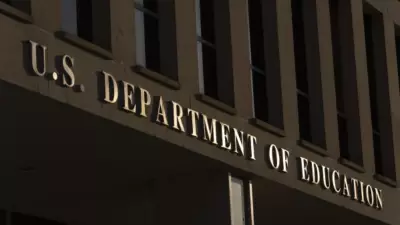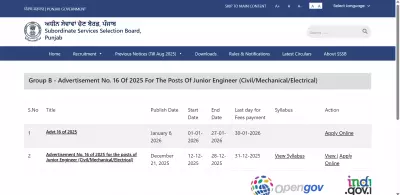
In a significant move that shakes the foundation of India's competitive exam coaching industry, two prominent IAS coaching institutes have been slapped with substantial penalties for deceptive advertising practices. The Central Consumer Protection Authority (CCPA) has taken strict action against these establishments for exploiting student success stories without permission.
The Crackdown on Unethical Practices
The consumer protection watchdog uncovered systematic misuse of topper photographs in marketing campaigns, where institutes featured student images in advertisements without obtaining proper consent. This violation of trust represents a growing concern in the highly competitive education sector.
Hefty Financial Penalties Imposed
One institute faced a massive penalty of ₹10 lakhs for their misleading advertising tactics, while another was fined ₹5 lakhs. These substantial fines send a clear message that exploiting student achievements for commercial gain will not be tolerated.
Beyond Financial Consequences
The CCPA's action goes beyond monetary penalties. Both coaching centers have been directed to immediately withdraw all misleading advertisements from circulation. Additionally, they must issue public clarifications through prominent newspaper notices, acknowledging their violations and committing to ethical advertising practices moving forward.
Protecting Student Rights
This landmark decision highlights the importance of student privacy and consent in educational marketing. The ruling establishes that using student photographs or success stories without explicit permission constitutes a serious breach of consumer trust and ethical standards.
A Warning to the Coaching Industry
The CCPA's firm stance serves as a stern warning to the entire coaching sector. With thousands of institutes operating across India, this decision sets a crucial precedent for ethical marketing practices and consumer protection in education services.
This regulatory action comes at a time when the coaching industry faces increasing scrutiny over its advertising methods and business practices. The ruling empowers students and parents to demand greater transparency and ethical behavior from educational service providers.





